If you have been dealing with pain, swelling, or pus near the anus that keeps coming back, you may be suffering from a condition called anal fistula. It is commonly called bhagandar (Hindi and Punjabi). While it may sound scary, the good news is that it is a treatable problem, and you are not alone. Let us understand it step by step.
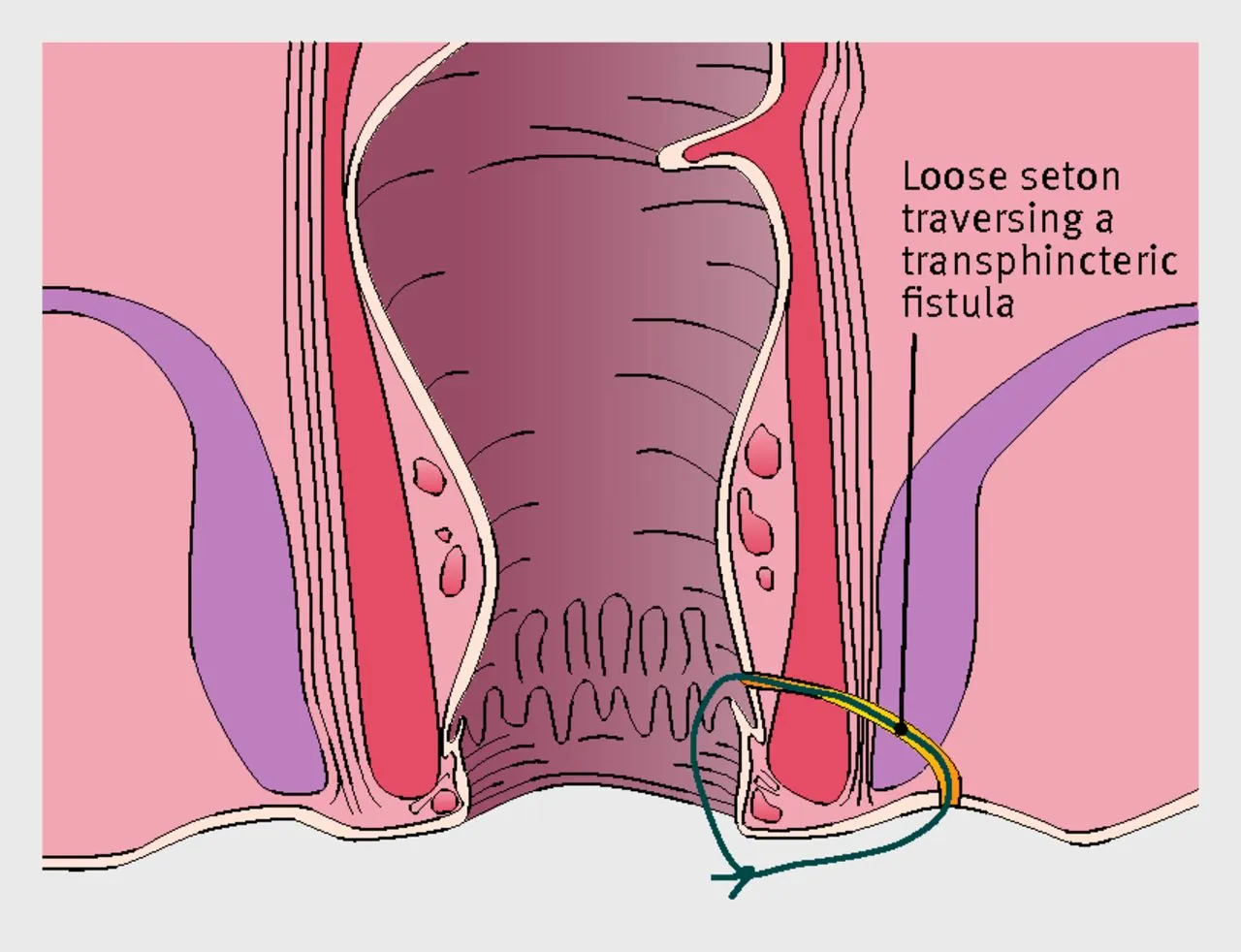
An anal fistula is a small tunnel or abnormal connection between the inside
of the anal canal and the skin around the anus. It often develops after an infection or abscess
(collection of pus) that did not heal properly.
Think of it like this: instead of healing and sealing, the infection creates a pathway from inside to
outside. This tunnel can cause repeated discharge, pain, and discomfort
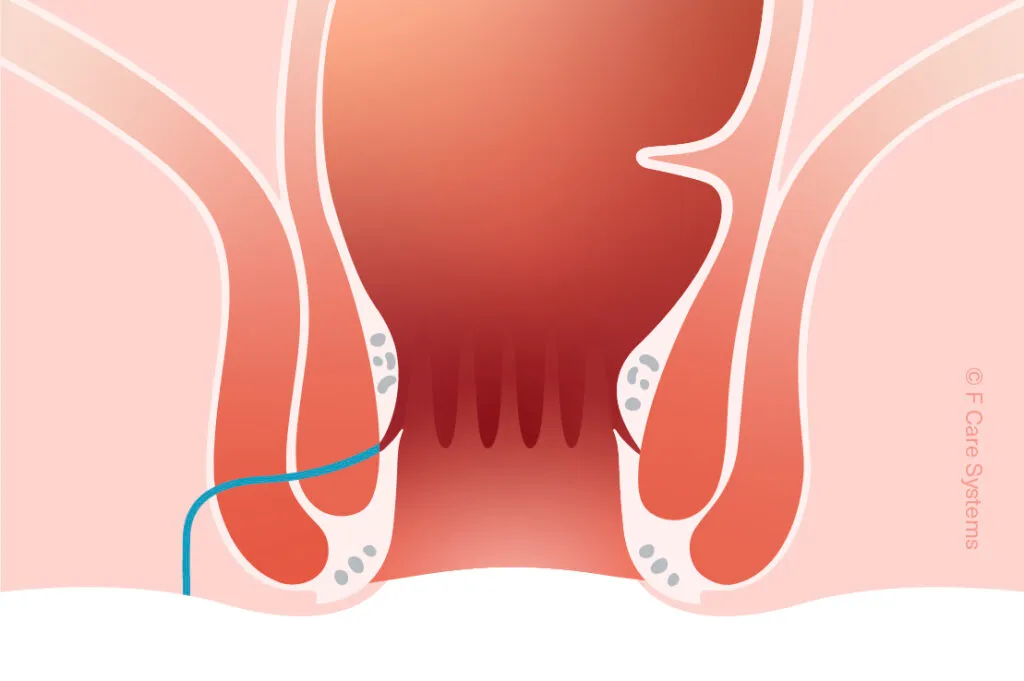
The most common cause of a fistula is an infected anal gland. These glands are present naturally inside the anal canal. When blocked, they can form an abscess, which may eventually burst or get drained, but instead of healing, it may leave a tunnel behind.
Other possible causes include:
But in most people, the cause is simply an untreated or deep abscess.
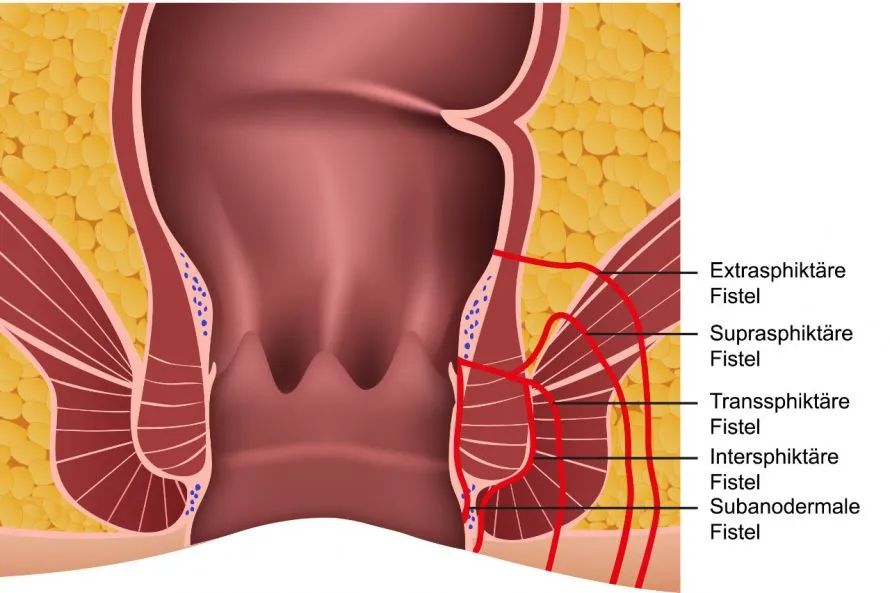
Some of the most common signs of a fistula include:
Unfortunately, medicines alone usually cannot cure a fistula. Antibiotics
may temporarily reduce the infection or discharge, but they do not close the tunnel or remove the root
cause.
That is why many patients see temporary relief with medication, but the problem keeps coming back.
The only permanent solution is surgical treatment, but do not worry, most procedures today are safe, effective, and minimally invasive.
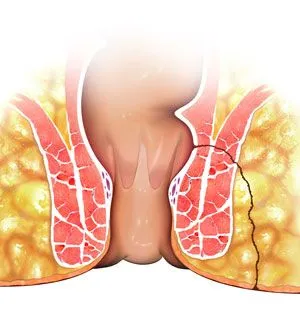
Dr Kamal Gupta specializes in hybrid laser and sphincter-saving techniques that ensures faster healing, minimal pain, and less risk of incontinence. These techniques include Hybrid Laser techniques, VAAFT, Coring out of the tract with ProctoCor (A device patented in the name of Dr Kamal Gupta.)
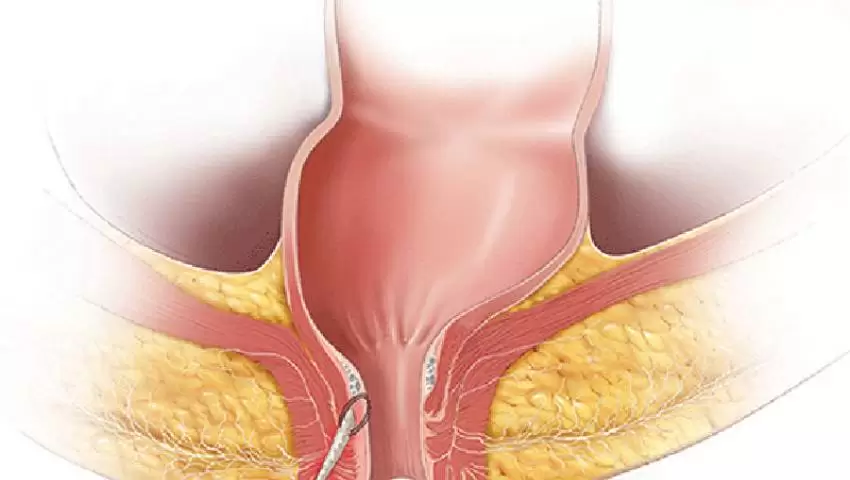
An anal fistula can be bothersome—but it does not have to control your life. With modern techniques, especially laser treatment, most patients recover smoothly and return to normal life quickly. If you suspect you have a fistula or are tired of repeated infections, do not suffer in silence. Early diagnosis and proper treatment can make all the difference.
For expert consultation and advanced fistula treatment options, visit Karan Hospital, Jalandhar. Dr. Kamal Gupta and his team offer the latest minimally invasive and laser solutions for fast and lasting recovery.

